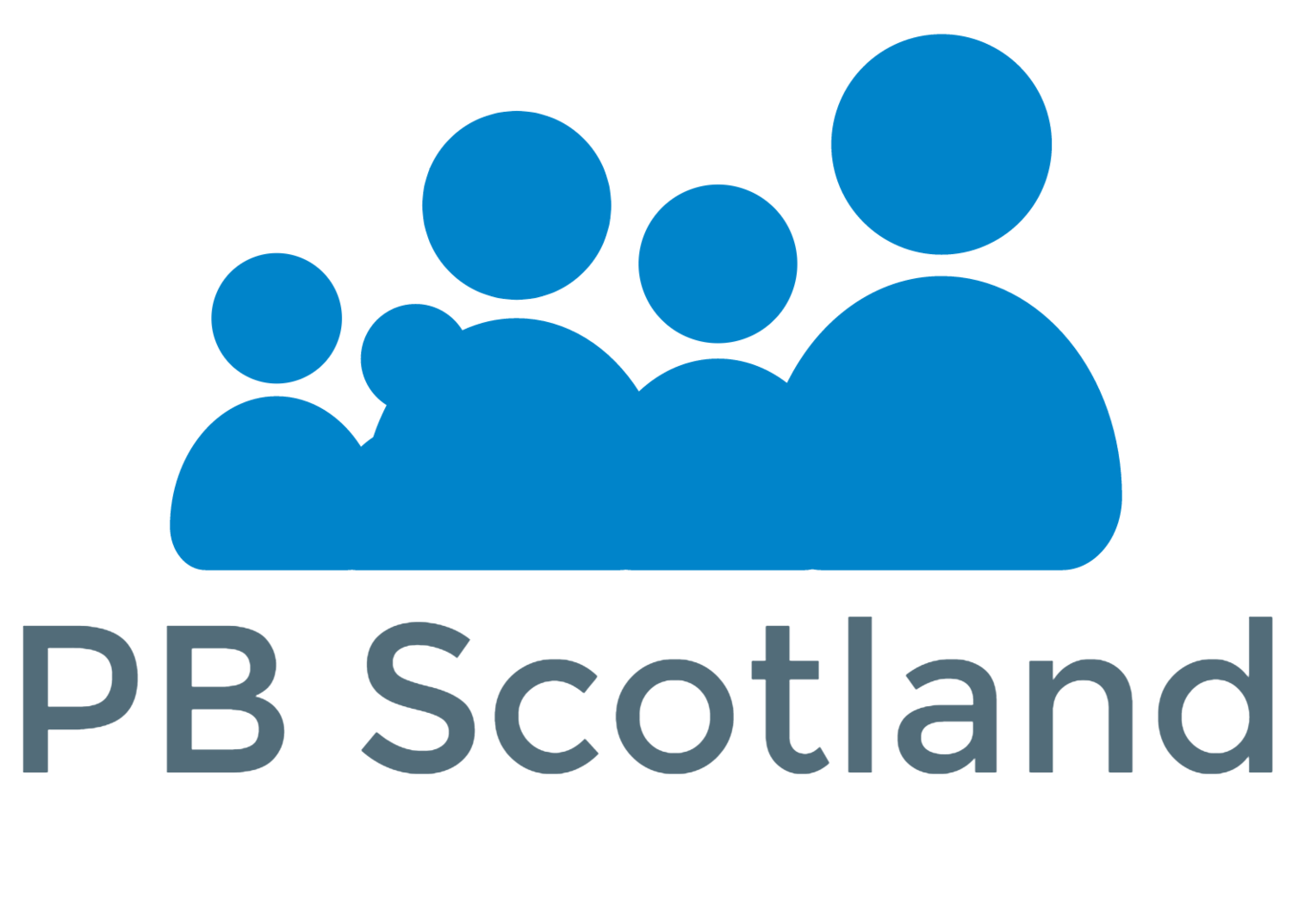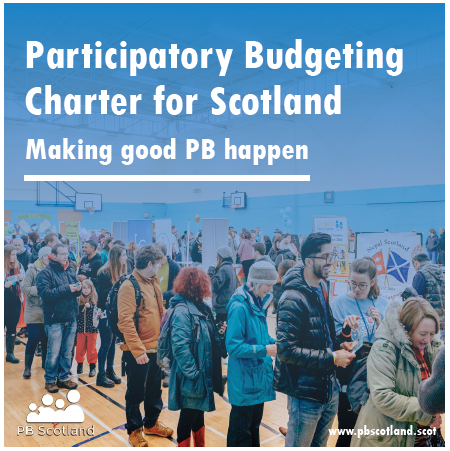Scottish Government publishes PB evaluation
/The Scottish Government has published a new report which evaluates the impact participatory budgeting (PB) has had in Scotland from 2016-18.
The research, carried out by Glasgow Caledonian University, set out to study the impact of PB on communities, services, local democracy, and tackling inequalities. It explores a range of issues around participation, equalities and the role of PB in transforming local decision making.
The report explores PB in light of the developing policy context in Scotland, with a focus on Community Empowerment, Community Choices funding and the agreement between the Scottish Government and COSLA to set a target of having at least 1% of their budget subject to PB by 2020/21.
In 2017-18 57,000 people in Scotland took part in government supported participatory budgeting processes.
Findings
The report is extensive and has complex findings, including enthusiasm from communities and political commitment for a dynamic form of PB across Scotland, reacting to local contexts and environments. PB has been tested and developed in different ways in Scotland’s local authorities, which has become both a strength and challenge.
The report states:
“The evidence and findings reveal considerable good will and positive disposition to improving and enhancing community engagement as a central approach to local authority and wider public sector practice. There is substantial evidence of engaged and dynamic individuals within local authorities, communities, community organisations, and national organisations. There is clear enthusiasm for new ways of working. These factors, and the operational pressures of implementing PB reinforce the need for strategic and institutional commitment to a clear purpose and transformational intent for PB.”
As well as evaluating previous practice, positive suggestions for more inclusive, deliberative, engaged and empowered future are made, including:
earlier and more proactive activity to engage communities,
resourcing community and institutional capacity building,
work towards cultural change at all levels of local government to enable a shift in power and decision making.
Use of the Public Sector Equality Duty to drive greater inclusion of equality groups
Use of the National Standards for Community Engagement as a practical framework to support local authorities, third and public sector partners to engage local people across diverse needs and experiences
Read the full report here.






